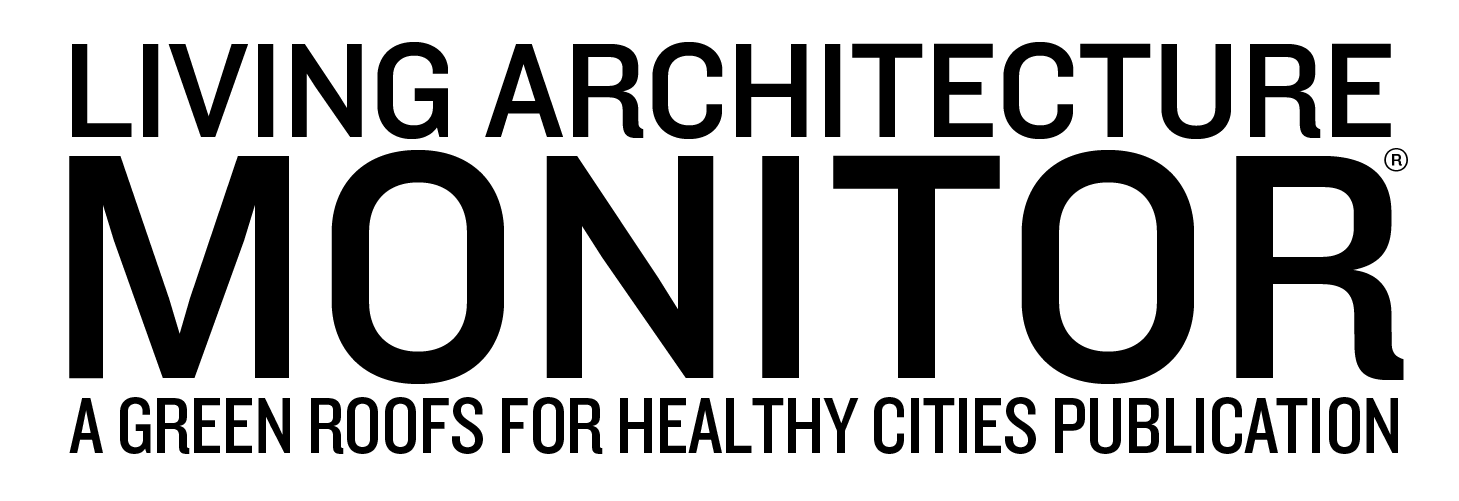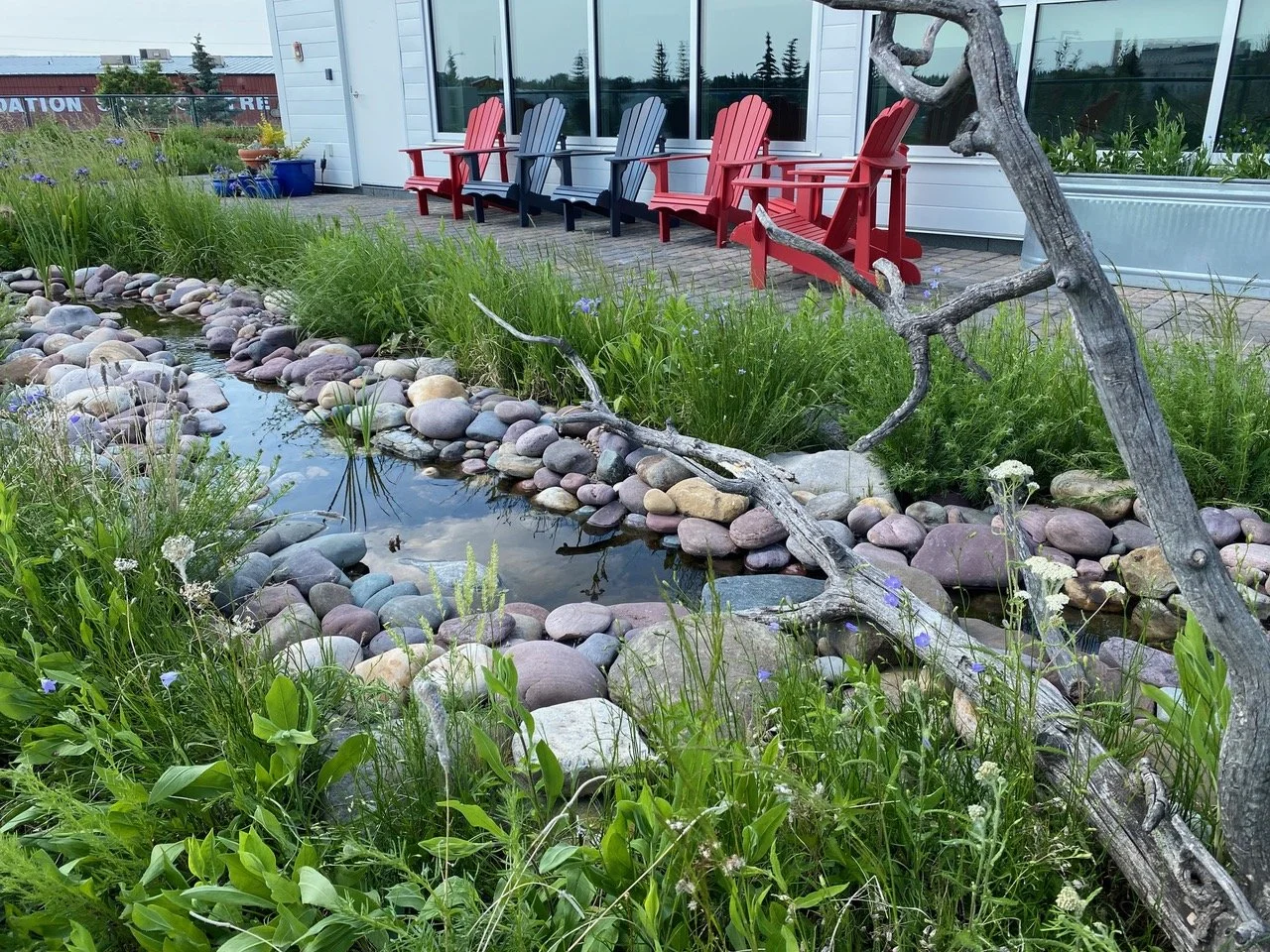Mapping Project on Green Infrastructure to Improve Climate Resilience in B.C.
Sourced from Environment Journal
This year, the Green Roof Infrastructure Network (GRIN) launched a groundbreaking project to bring climate action and resilience to communities across British Columbia (B.C.) through green roofs and green infrastructure. The first round of results have recently been released, revealing how this UK-based technology can now help towns and cities across North America strategically establish climate resilience, manage stormwater, and reduce vulnerability to urban heat, while protecting biodiversity.
What is GRIN?
The GRIN of BC was established in 2023 as a response to the discontinuation of green roof programming at the British Columbia Institute of Technology (BCIT), and to promote green roofs and green infrastructure in BC. Collectively, GRIN’s founding board members have over 160 years of experience working with green roofs. All are actively engaged in the industry (some for over 20 years) and most were involved at the BCIT Centre for Architectural Ecology (for example, through research and teaching courses). This depth of expertise grants GRIN with a sense of the industry, the state of research and understanding, and the challenges and opportunities for green roofs in the region.
One of GRIN’s purposes is to guide and support B.C. municipalities to develop and promote proactive policies that enhance biodiversity, reduce stormwater runoff, and improve climate resilience through urban greenery, including rooftops. So, in 2024, GRIN decided to map and assess the green infrastructure of BC towns and cities, specifically green roofs (existing and potential), private gardens and trees.
Mapping project for existing and potential green infrastructure
By creating a baseline map of existing and potential green infrastructure, communities can make informed decisions about nature asset management, which will influence liveability, biodiversity, and risks of urban heat, fire and flooding.
GRIN’s mapping project is conducted in partnership with Small Change Fund. A generous initial donation enabled the analysis of a 20 km2 area of interest (AOI) in the City of Vancouver. Framing is as a fundraiser means that more donations will enable GRIN to map – and empower – more B.C. communities.




